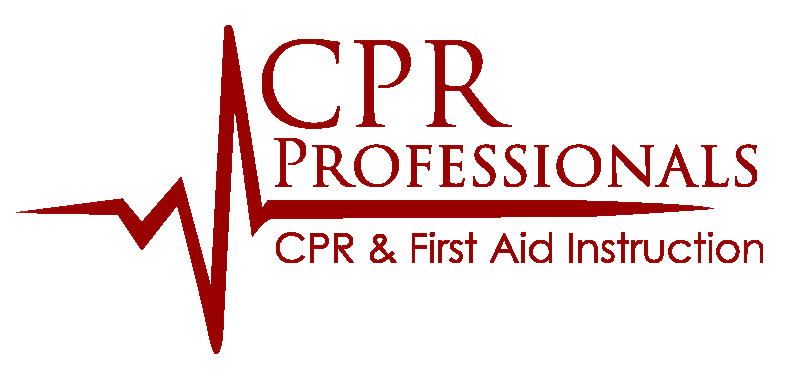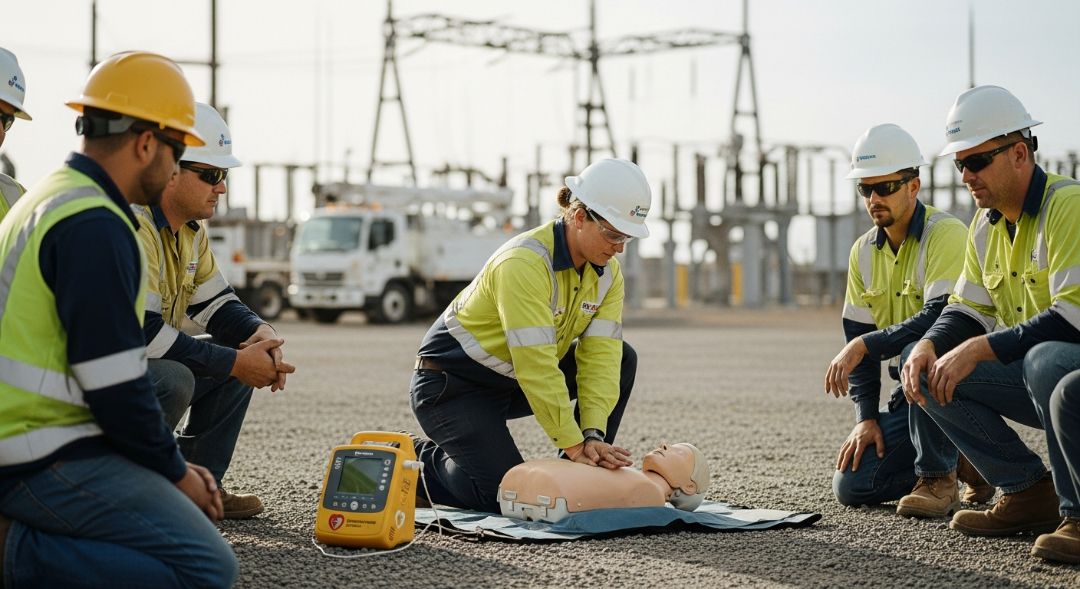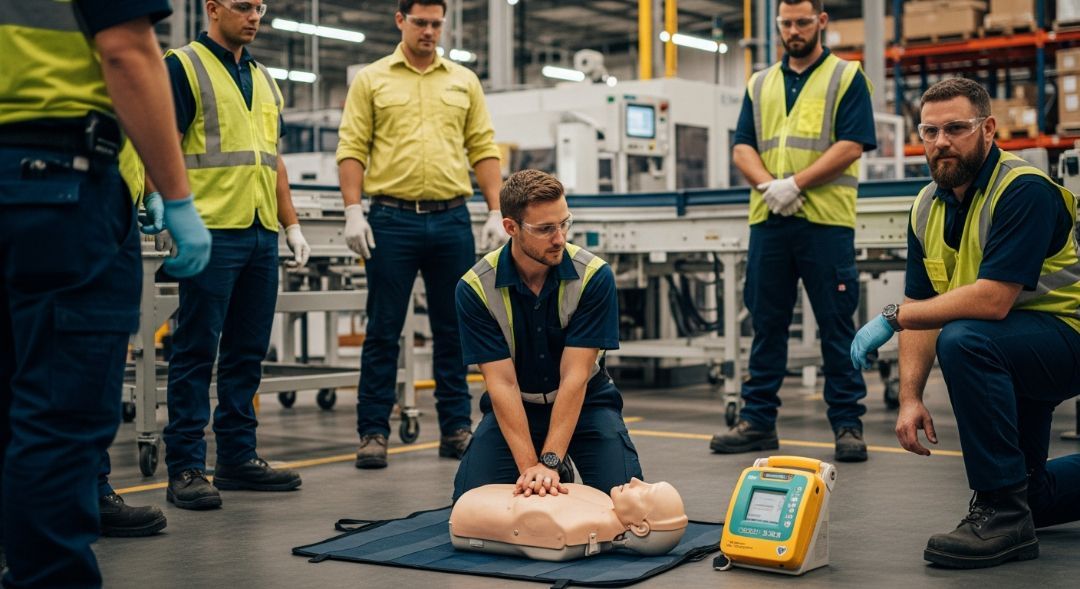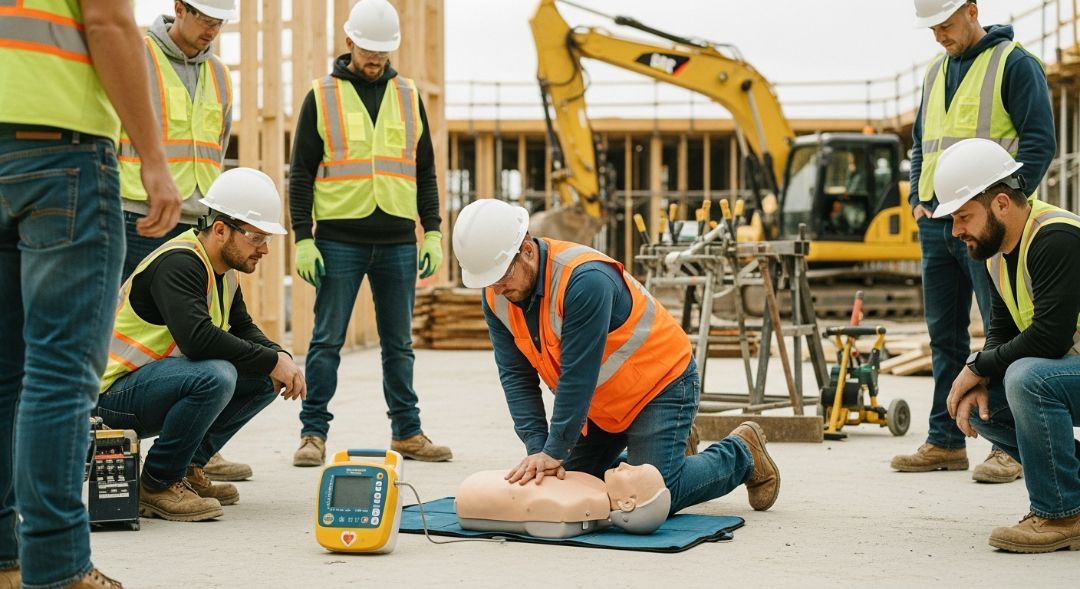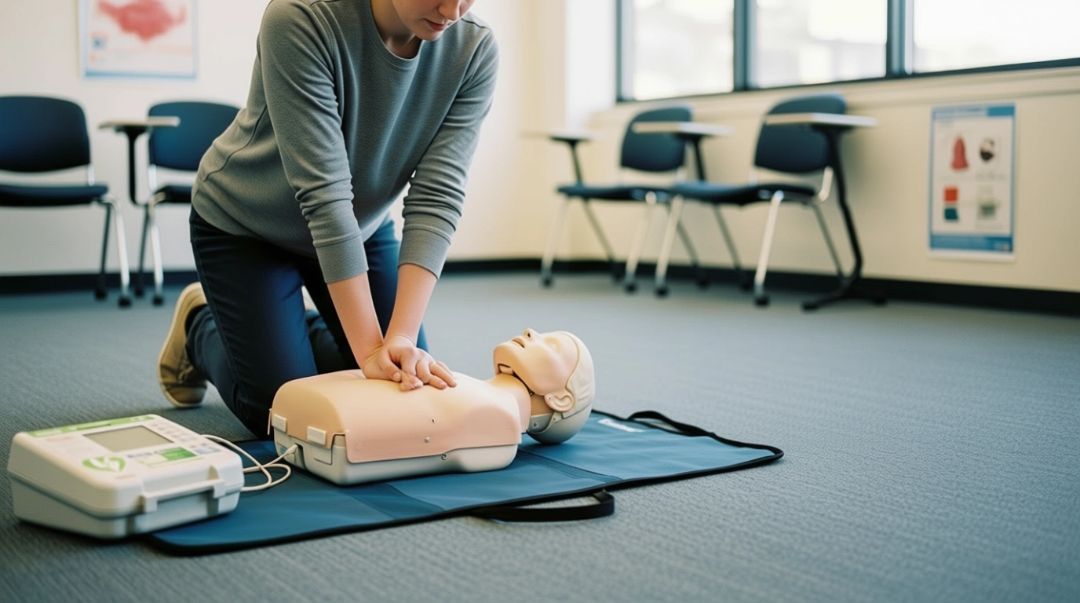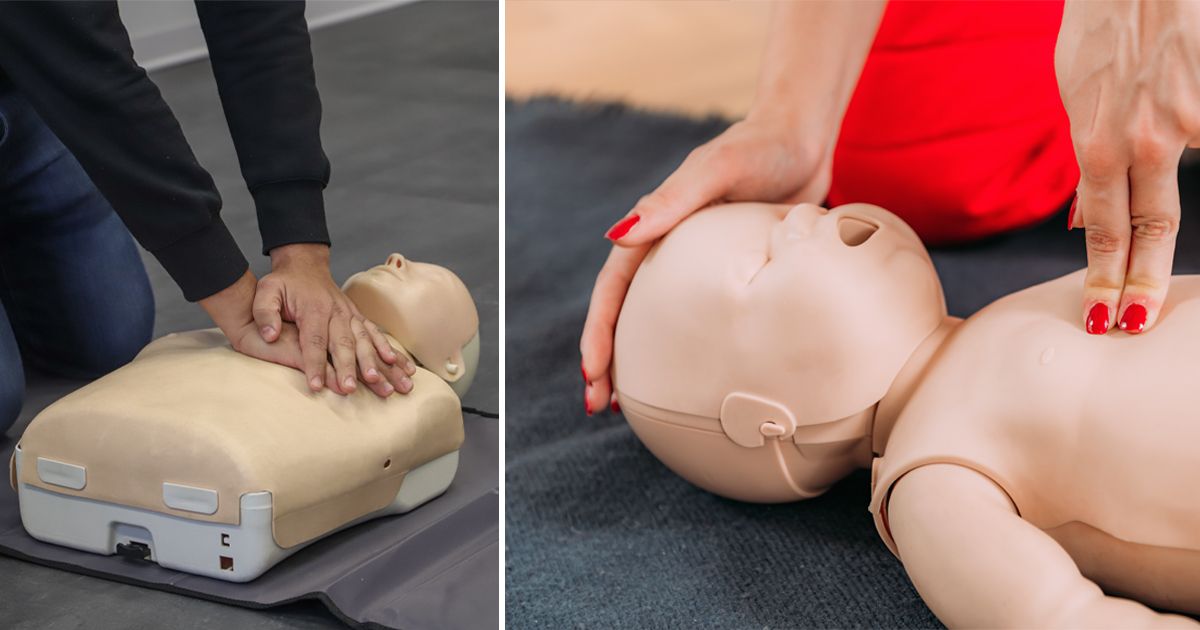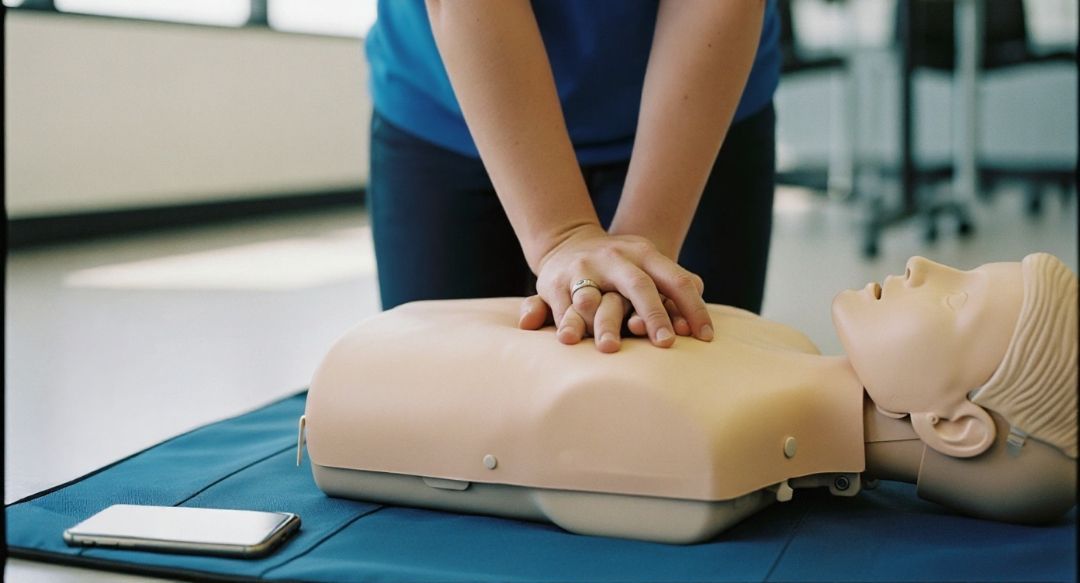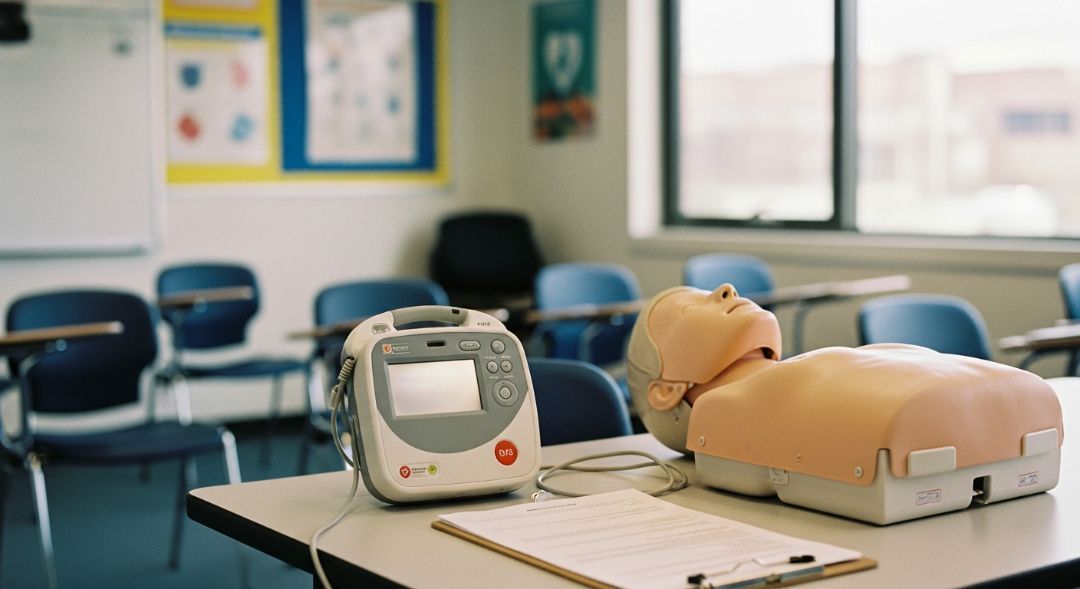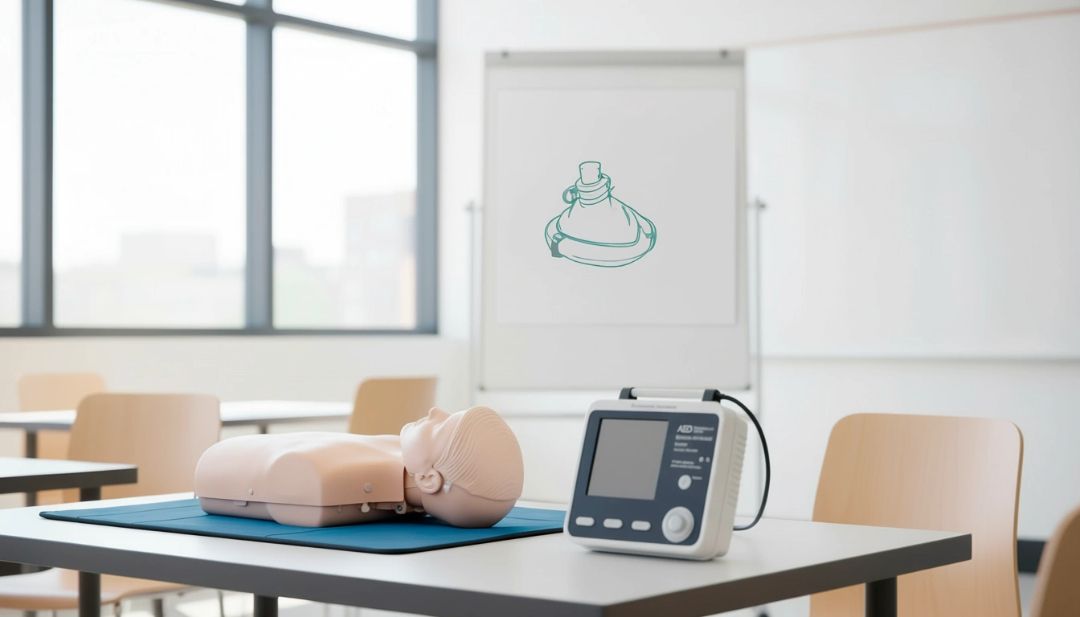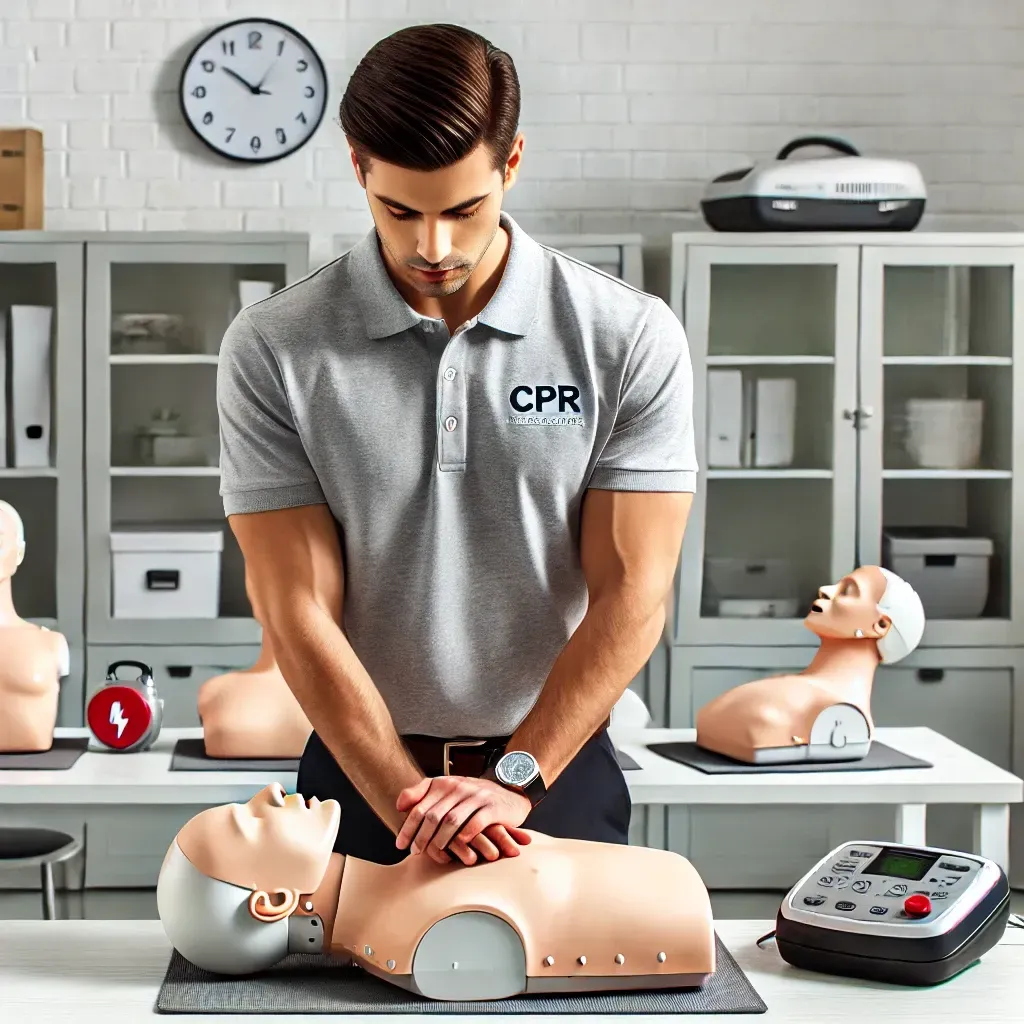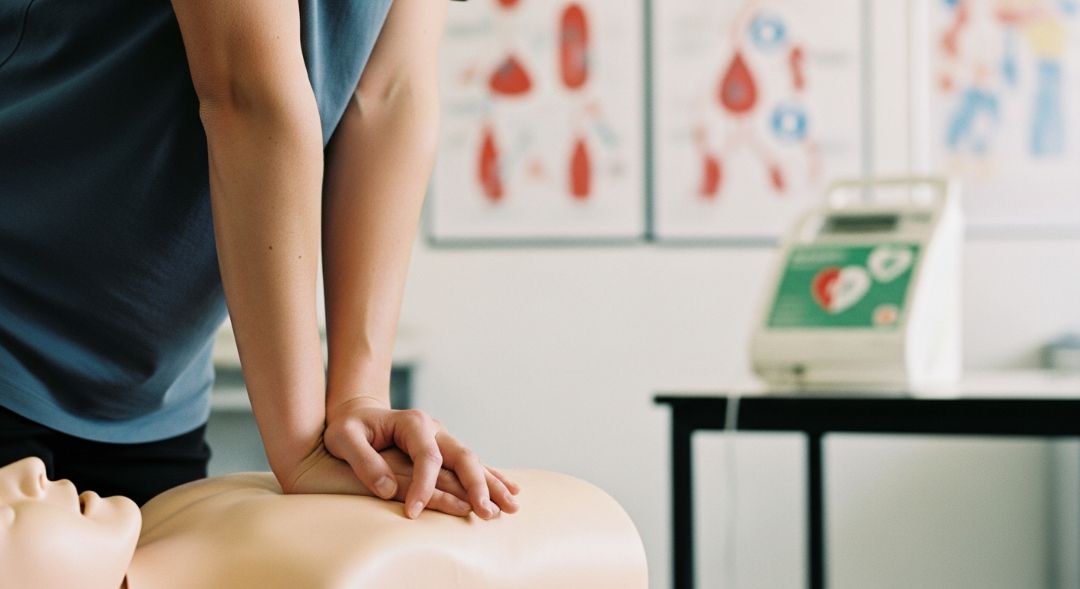Different Types of CPR Classes: Which one suits you best?
Different Types of CPR Classes: Which one suits you best?
Do you think you should learn how to perform CPR? Should a bystander that has no medical background
learn CPR? Would you believe that many have died because only 46% of bystanders are willing to perform CPR? And spending time finding someone who knows how to perform CPR reduces the window of it being useful.
Cardiopulmonary Resuscitation or CPR is no longer a skill reserved for healthcare professionals. We encouraged bystanders to learn CPR. The American Heart Association says it increases the survival rate threefold. Knowing the basics of CPR is now essential for laypeople.
However, different certification types are suited for medical practitioners and emergency responders. The list of recommended certifications for medical practitioners and emergency responders includes basic life support, advanced cardiac life support, pediatric advanced life support, and heartsaver first aid certification.
Choose which of the following certifications are most suited for you.
BLS Certification
BLS or Basic Life Support training is the foundation of all emergency-related training. The course is primarily composed of safety and related medical procedures used during an emergency.
The foundation of the BLS course:
- Foundation of basic life support
- Fundamentals of cardiac arrest
- Caring for cardiac and respiratory arrest
- Adult and child CPR
- Choking and airway management
What benefit would you have if you take a BLS course?
BLS certification often ranges from 2 to 12 hours, depending on the topics covered. BLS is one of the most common emergency response training courses available; it often features instructors who have basic CPR and medical practice knowledge.
Learning BLS allows you to continue onto more advanced training in the future. We encourage everyone to learn BLS, so you’re not left helpless during a loved one’s cardiac or respiratory incident. With the constant advancements in the medical field, the recommendation is continuing education despite the renewal every two years.
Finding a location that provides ACLS, PALS, BSL, etc., certification is not that hard. But finding the right provider depends on your preference. Some of them even offer basic life support classes online; then, they set up the practical training at a later date.
Why not consider the top ACLS, PALS, and
BLS training provider?
CPR-Professionals LLC
provide comprehensive coursework that includes both theoretical and practical applications. They also have an array of exceptional and experienced trainers that will help you complete your course.
Bystander CPR
Standard CPR application comprises two variables: chest compression and the second provides oxygen. For bystander CPR, chest compression mimics how the heart pumps blood.
Years of experience prove that pushing as much blood towards the brain is the best response for cardiac arrest. So the course for bystander CPR focuses on practicing how to perform chest compression properly.
ACLS Certification
ACLS or Advanced Cardiovascular Life Support classes cover clinical algorithms that medical practitioners perform during emergencies. ACLS training focuses on practices required to perform during emergencies on adults. Aside from CPR being the core principle of the course, reading ECG (Electrocardiography) rhythms and medication doses is all part of the training program.
Medical emergencies that involve clinical algorithms:
- Strokes
- Cardiac Arrest
- Myocardial Infarction
- Cardiovascular Emergencies
ACLS certification covers the following topics:
- Team dynamics, communication, and care systems
- Suspected Stroke Algorithm/EMS Acute Stroke
- Respiratory and cardiac arrest management
- Airway management
- ACLS Pharmacology guide
- Basic Life Support (BLS) review
- Acute coronary syndromes and stroke management
What are the benefits of taking the ACLS certification?
Taking the introductory ACLS course requires an average commitment of 12 hours to complete. While the renewal or refresher course usually takes around 6 hours to finish.
You gain insight into your role during cardiac arrest emergencies. It is also vital to have hands-on applications of what you’ve learned to ensure your preparedness for a crisis situation. Experience and expert instructors from the emergency response field guide you through your journey.
Upon completion, your certification would be valid for two years before you have to renew it.
PALS CERTIFICATION
PALS or the Pediatric Advanced Life Support classes like ACLS is a certification program used to prepare you during medical emergencies. The main difference is that this course focuses on the techniques used during pediatric emergencies. The steps you learn in ACLS work on adults but might cause harm to children.
PALS certification emphasizes the following topics:
- Team dynamics, communication, and care systems for infants and children
- Understanding the importance of timely recognition to prevent respiratory and cardiac arrest in any pediatric patient
- Understanding the interventions required to perform during pediatric emergencies
- Using your initial impression as a systematic approach to pediatric assessment
- Fundamentals of pediatric assessment using an initial impression, primary and secondary assessments, and diagnostic tests
- Learning effective and high-quality cardiopulmonary resuscitation (CPR) and airway management
- PALS Pharmacology guide
What benefits does PALS certification offer you?
Before starting your PALS certification journey, be sure to check if they require you to have a BLS certification first.
To complete your PALS certification, you also need to complete an average of 12 hours of course work. The renewal requires you to complete at least 6 hours of training, the same as renewing your ALS certification.
By taking the PALS training certification, you are expected to learn various techniques applicable to infants and children. It is excellent to understand the difference between handling adults and children to avoid causing further injuries.
Usually, medical practitioners who have experience in handling pediatric cases are involved in training you. Upon completion, your certification is valid for two years.
